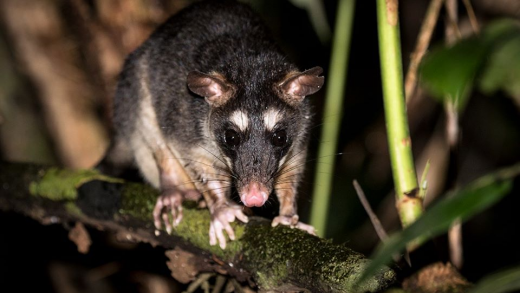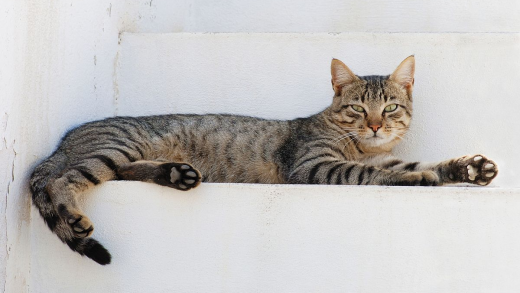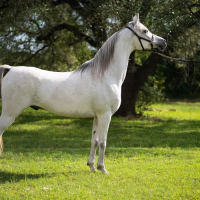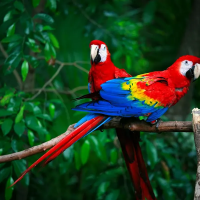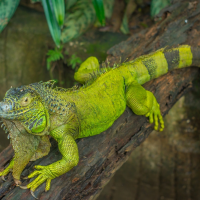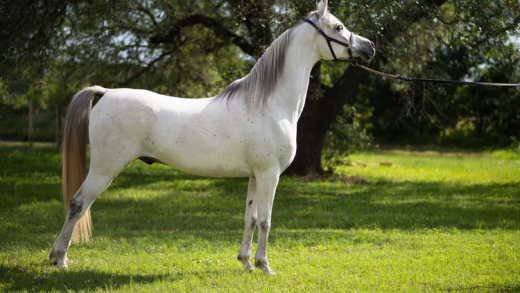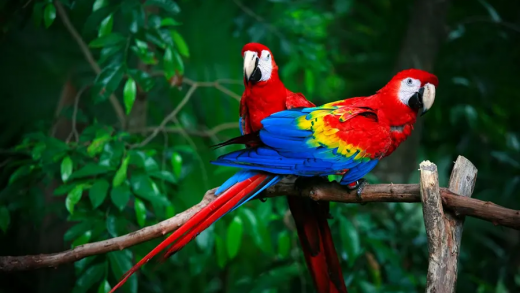An exotic pet is often defined as any animal that is not normally maintained as a family pet, such as dogs, cats or goldfish. These animals can be from a variety of species including mammals, birds, reptiles, amphibians and even invertebrates. They are distinguished by their distinct and frequently unusual nature which necessitates different care and treatment than typical pets. This article discusses the traits types and considerations related with exotic pets.

Table of Contents
Features of Exotic Pets
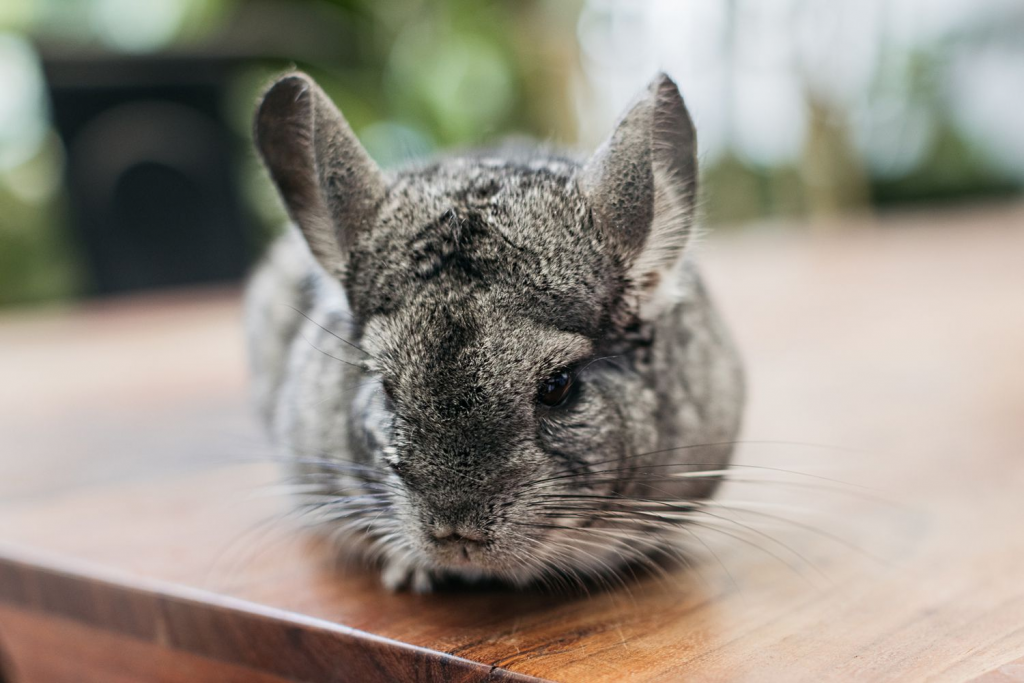
Exotic pets have distinct characteristics and requirements that set them apart from more typical pets. Here are some significant features:
Rarity: They are frequently uncommon in conventional pet households. This rarity can contribute to their appeal, but it may necessitate specific care.
Specialized Care: Exotic pets unlike dogs and cats may require particular food, housing and treatment. Their specific physiological and behavioral requirements must be satisfied to ensure their well-being.
Legal limitations: Depending on the species exotic pets may be subject to legal limitations or require a special permit to own. Laws can differ substantially among regions reflecting concerns about wildlife conservation public safety and ecosystem implications.
Behavioral Differences: Many exotic pets have habits that differ significantly from those of typical pets. Understanding these behaviors is essential for providing good care and maintaining a safe and harmonious human-animal interaction.
Types of Exotic Pets
Exotic pets can be roughly classified into various classes each with its own unique care requirements and challenges:

Reptile and Amphibian
Examples include bearded dragons, ball pythons, tree frogs and turtles.
Care Requirements: These creatures frequently require certain temperature and humidity settings, specialized lighting and diets that may contain live insects or small mammals.
Challenges: Creating the ideal atmosphere and diet can be difficult and takes constant attention.
Birds
Examples include African Grey parrots, macaws, cockatiels and canaries.
Birds require large cages, social connection, mental stimulation and a healthy diet rich in seeds, fruits and vegetables.
Birds are highly sociable and intellectual therefore they require a lot of interaction and mental stimulation to avoid behavioral difficulties.
Small mammals
Examples include hedgehogs, sugar gliders, ferrets and chinchillas.
Care Requirements: These creatures frequently require huge cages, specialized meals and ample opportunity for physical activity.
Challenges: Small animals may have particular food requirements and require regular veterinary treatment to address common health issues.
Aquatic Animals
Examples include exotic fish, octopuses and axolotls.
Care Requirements: Aquatic creatures require well-maintained tanks with adequate water conditions, filtration systems and diets tailored to their species.
Challenges: Ensuring water quality and tank conditions necessitates continuous work and monitoring.
Invertebrates
Examples include tarantulas, scorpions and exotic insects such as praying mantises.
Care Requirements: Invertebrates frequently require habitats that resemble their native settings complete with controlled temperature and humidity.
Challenges: Although invertebrates require less regular involvement they might be fragile and sensitive to environmental changes.
Considerations for Potential Exotic Pet Owners
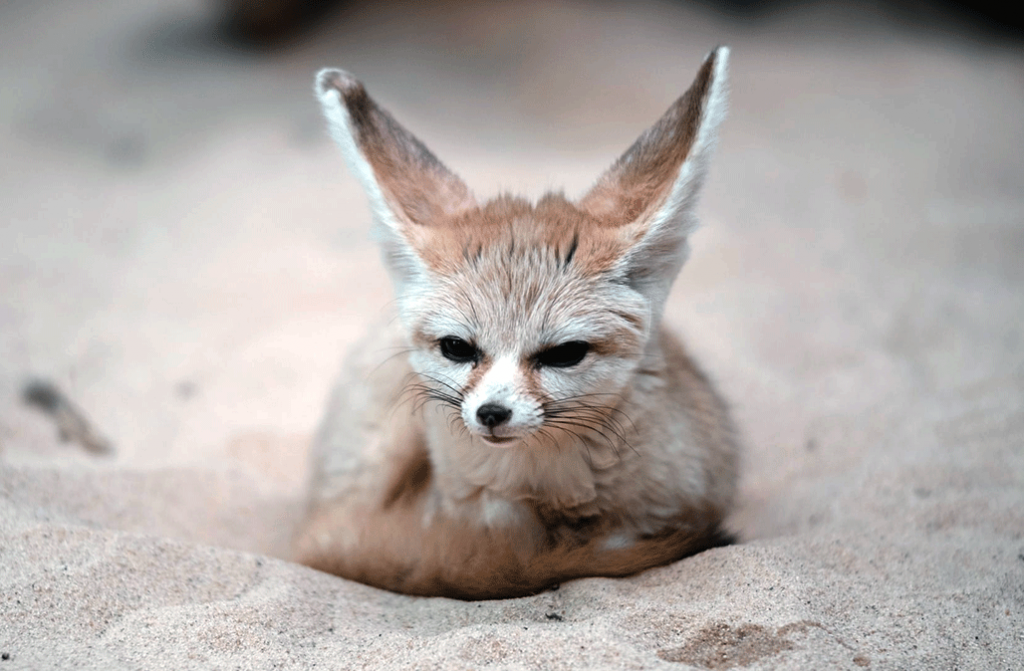
Research and Education: Potential owners should conduct extensive research on the species they are interested in to better understand its needs, habits and long-term commitment requirements.
Veterinary Care: Finding a doctor that specializes in exotic pet care is critical. Not many veterinarians are prepared to address the unique health requirements of exotic species.
Legal and Ethical Implications: Make sure that owning the pet is legal in your area and think about the ethical implications of having an exotic species. This involves understanding how wild capture affects populations and ecosystems.
Extended-Term Commitment: They have extended lifespans with some parrots surviving up to 60 years and reptiles living for decades. Prospective owners should be prepared to make long-term commitments.
Habitat and Enrichment: Providing a proper habitat that meets all of the exotic pet’s environmental and enrichment requirements is critical to their health and well-being.
Diet and Nutrition: It is vital to provide a well-balanced and nutritious diet. Many exotic pets have special nutritional needs that must be satisfied to avoid health problems.
Conclusion
Exotic pets provide a unique and rewarding experience for people who are willing to meet their specific requirements. They can provide a sense of wonder and excitement to a household but their ownership requires commitment and care. A successful and rewarding connection with an exotic pet requires thorough research a grasp of legalities a commitment to correct care and a concern for the animal’s well being. This allows owners to enjoy the incredible company that these unique creatures provide while also providing them with the highest possible quality of life.
People also search for: Binturong: The Mysterious Bearcat(2024)

